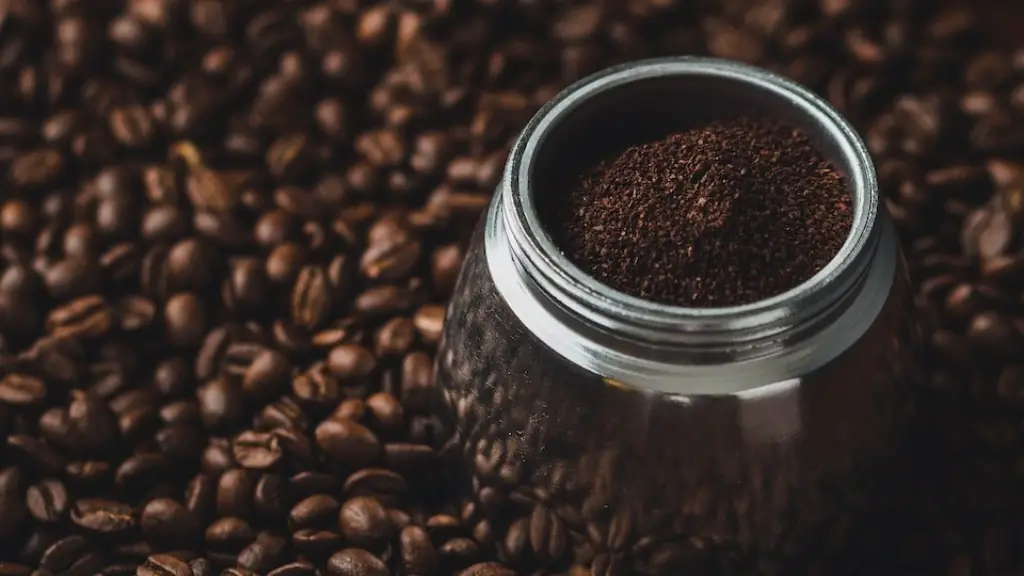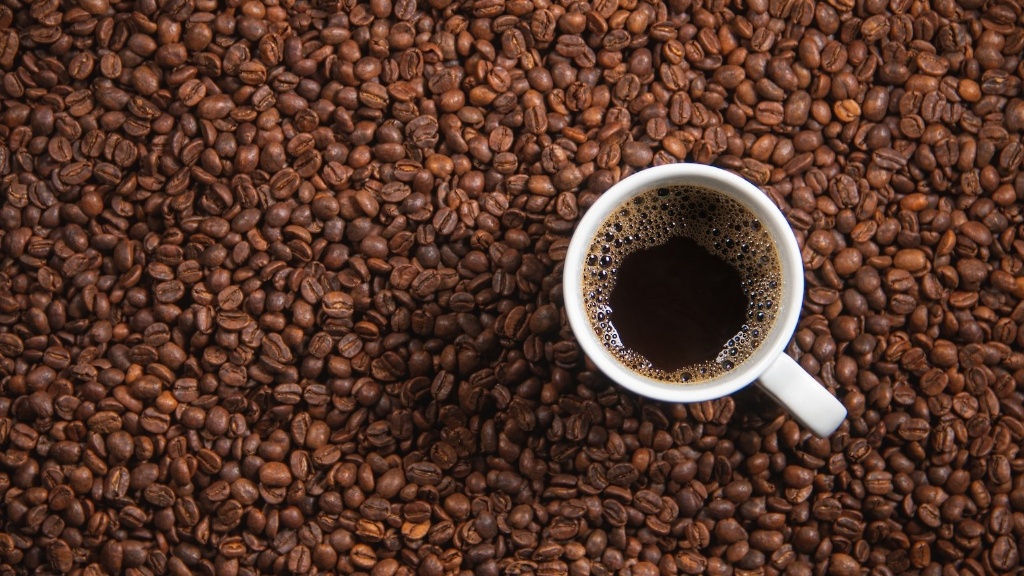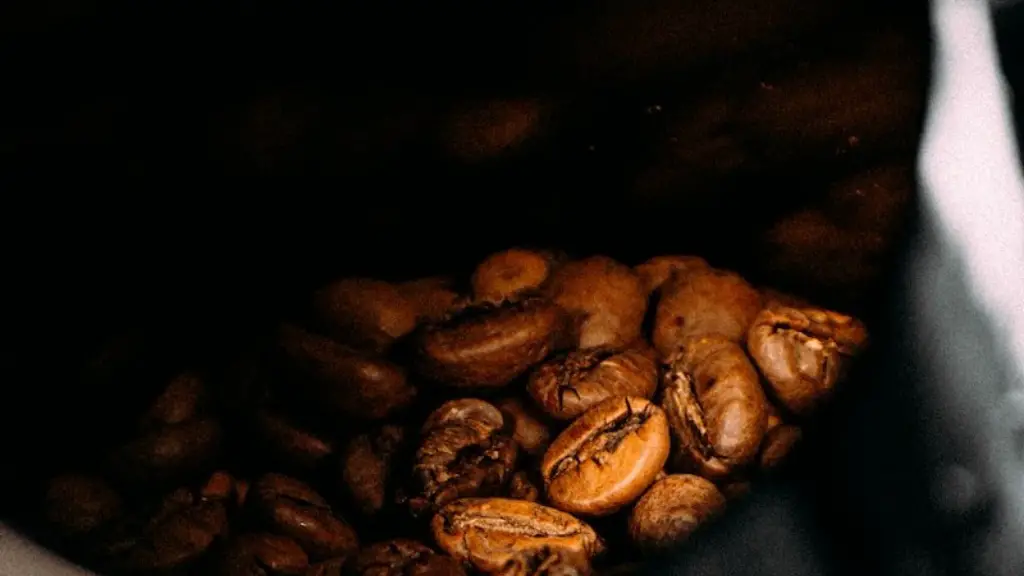We know that pregnancy is not the time to indulge in caffeine drinks, with experts recommending expecting mothers to limit their caffeine consumption. But what about the time of the month? Most women are ready to rely on a cup of warm coffee or a cold espresso to get their energy up during their hormonal peak periods, but are these drinks really healthy for your body? This article will explore some of the facts around drinking coffee during your period and why it may not be the best idea.
Caffeine is known to be both beneficial and potentially dangerous for people’s health, but what about when it’s consumed during menstruation? Well, the answer is not entirely straightforward. Drinking coffee and other caffeinated beverages during your period may seem like a good idea in the short-term as it can provide a quick boost of energy.
However, caffeine is a stimulant and has been linked to increased levels of stress and headaches, both of which can be an issue during your period. Caffeine is also a diuretic, meaning it causes you to urinate more which can leave your body dehydrated and vulnerable to cramping and discomfort. Finally, caffeine also affects the metabolism of calcium, which can leave you feeling run down and weak.
Experts suggest that instead of turning to coffee for your energy boost during menstruation, look for other, healthier options. Gentle exercise, such as yoga, can be great for releasing stress and soothing the aches and pains from cramps. Also, instead of relying on coffee for energy, it can be better to opt for nutritional snacks that provide your body with the fuel it needs without having to worry about the effects of caffeine.
Eating healthily is always important when it comes to taking care of your body, but during your period it becomes even more crucial. Eating foods that are rich in iron, calcium, and magnesium can help to keep your energy levels up while also reducing cramps. Also, try to limit the amount of sugary snacks you eat as this can leave you feeling flat after the initial sugar high has gone.
These days it’s not uncommon to see women turning to alternative practices to manage their period symptoms. Herbal tea, aromatherapy, and even meditation have all proven to be effective in alleviating cramping pain and aiding relaxation. Try experimenting with different natural remedies until you find practices that work best for you.
Essential Vitamins
Vitamins are an important part of keeping your body in balance, especially during your period. Vitamins such as B & D can help to reduce fatigue, cramps and headaches, as well as improve mood. Prenatal vitamins are particularly good for those who are prone to more intense period symptom, as they are specially tailored to helping the body manage a range of physical and mental symptoms associated with fertility and menstruation.
Self-care is of the utmost importance during your period, so try to make time for relaxation and unwinding. This could be anything from taking a warm bath to listening to music, or even trying out some gentle yoga poses.
When it comes to pain relief, there are a variety of natural remedies that can help. Heat pads and hot water bottles provide welcome relief to the abdomen and can reduce cramps significantly. Taking an Epsom salt bath can also be helpful in easing cramps and tension in the lower back.
Mindfulness
Practicing mindfulness is also a great way to become aware of what’s happening in your body and start to manage and reduce your period symptoms. There are some excellent apps available for downloading that can help track things like your flow, cramps, and moods to help you identify patterns and triggers.
Remember, your period is completely natural and nothing to be ashamed of. Trying to treat yourself kindly while remembering it’s not forever can make a huge difference to how you feel. Keeping a positive attitude and focusing on what is working can help to turn this time of month into an experience that is more meaningful and even enjoyable.
Self Care and Comfort
One of the best ways to manage your period is to practice self-care, both physically and mentally. Allowing yourself more time to rest and sleep can do wonders for your energy levels and reducing any lingering stress. Investing in comfortable period wear can also make a big difference and help to minimize any discomfort.
Staying hydrated and sticking to a balanced diet can also help to regulate your hormones and reduce any cravings for unhealthy snacks. Eating dark chocolate can be particularly beneficial for your mood and can help to reduce any feelings of irritability and sadness.
Finally, don’t forget to give yourself a break. Rather than berating yourself or feeling ashamed, use your period as a time to relax, take it slow and not put too much pressure on yourself. Listen to your body and don’t become overwhelmed by unrealistic expectations. And if you do decide to indulge in a cup of coffee, make sure to drink plenty of water to hydrate your body afterwards.
Stay Connected
It can be difficult to muster up the energy to connect with friends and family during your period, but this is often a welcome distraction from the discomfort and distresses of period symptoms. Keeping in touch with people who make you feel good can be a great way to put things into perspective and remind yourself that you are far from alone.
Sharing stories, feelings and experiences with those who understand can be a powerful way to reduce stigma and build empathy. More and more communities are forming online for people to come together and talk openly and honestly about their cycle. Even if you can’t meet up in person, setting aside a few minutes a day to connect with people virtually can be a great comfort.
Herbal Remedies
Herbal remedies have been used for centuries to help alleviate the discomfort of menstrual cramps and reduce heavy flow. Some plants such as chasteberry and ginger have been found to naturally reduce PMS symptoms and help the body regulate hormones. You can either infuse these herbs or purchase ready-made capsules that can be taken orally.
Traditionally, certain herbs have been used to help regulate hormones and balance the body’s cycle such as Indian spikenard and ashwagandha. Consult with a qualified health practitioner before taking any herbal remedy as they can affect how your body reacts to other medications.
Essential Oils
Essential oils are often used to help reduce fatigue and create a calming atmosphere. They can be added to bathwater, massaged into skin, or diffused in the air. Lavender and chamomile are particularly popular for inducing calm, while peppermint and ginger are good for reducing cramping. If you’re new to aromatherapy, do plenty of research and consult with an experienced aromatherapist before using any essential oil.
When trying to manage your period symptoms, it is important to be patient and mindful. Your body is always changing, and what works one month might not work the next. Making time to take care of yourself and understanding that period pain is normal while being proactive in finding ways to minimize it can make all the difference.





